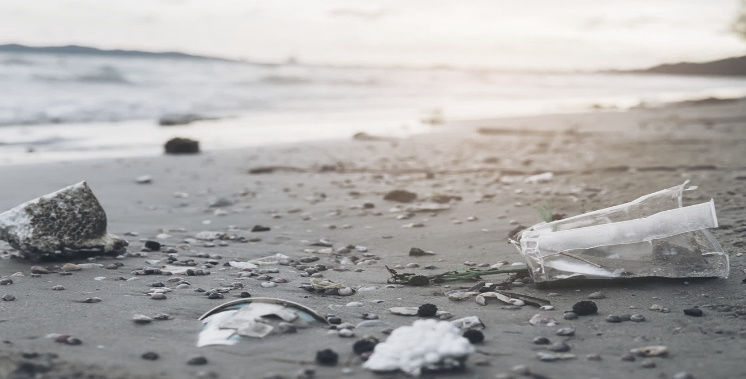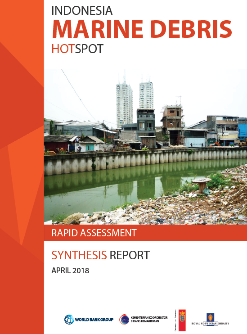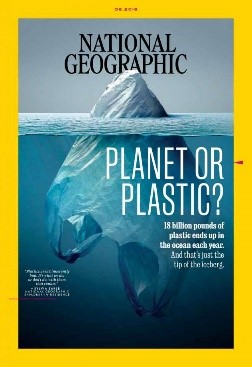Singapore, June 8, 2018: Today is World Oceans Day, and the health of the oceans under threat. Eight million tons of plastics are dumped in the ocean each year – that is about one truck of garbage per minute. The same research lists China, Indonesia, Philippines and Vietnam – all in East Asia – as countries dumping the most plastic waste. Indeed, East Asia is producing waste faster than any other region in the world.
With 80 percent of waste leakage coming from land, shared river systems and waterways are the conduits for this plastic pollution. The lower reaches of the Mekong river flow through Thailand, Laos, Cambodia, and Vietnam, and more and more plastic trash is spilling out from inadequate waste management systems. The Yangtze River contributes 55 percent of the estimated 2.75 million metric tonnes of plastic waste going into oceans each year. Rivers in Indonesia carry large volumes of plastic.
The financial toll is huge. Marine ecosystems globally suffer an estimated US$13 billion a year in damages caused by plastic waste. APEC estimates the costs to tourism, fishing, and shipping industries to be US$1.3 billion for the region. The adverse impacts on health, food chains and jobs are under study.
Tackling insufficient solid waste management is key, as is addressing patterns of consumption, production, urbanization, and economic growth. But there are also plenty of opportunities for synergy and solutions. Regional institutions can collaborate and stimulate interest and potential financing from the private sector, which would facilitate economies of scale in costs, technologies, and knowledge.
Countries in the region are responding to the growing problem. Through its Coordinating Ministry for Maritime Affairs, Indonesia launched a National Marine Debris Action Plan which targets a 70 percent reduction in marine plastic waste by the year 2025. In January 2018, China banned imports of plastic recyclables from other countries. By shutting its doors to half of the world’s plastic waste, China is forcing countries and industries to revisit their plastics usage and recycling programs. Many Pacific islands are introducing bans and levies on plastics bags and bottles.
With its long coastline increasingly polluted with marine debris, Vietnam is prioritizing actions to reduce marine plastics. Cambodia’s entrepreneurs are offering consumers cassava-based plastic bags.
Half of the plastic ever manufactured was made only in the last 15 years. New technologies and innovation, including upstream product redesign and reduced packaging, will be critical – and this space for research and solutions is growing. The potential ‘greening’ of ports and logistics chains are opportunities for capturing waste. Research into microplastics found in fish can provide information on potential impacts on human health. Fiscal instruments can help change producer and consumer behavior.



